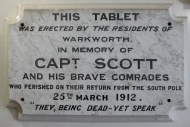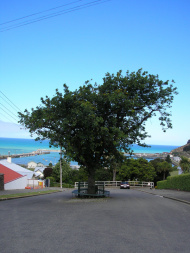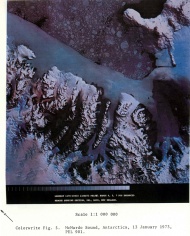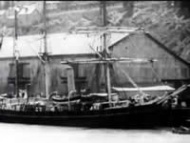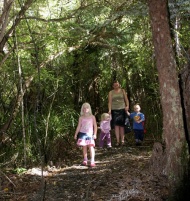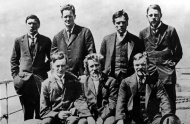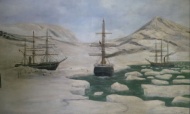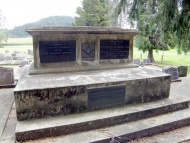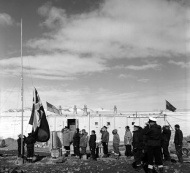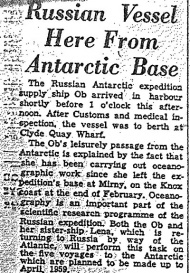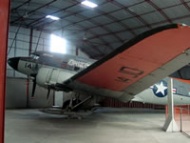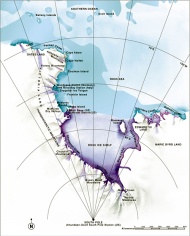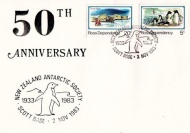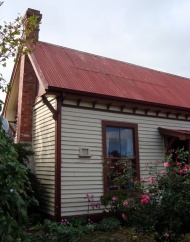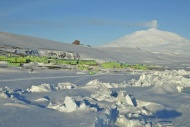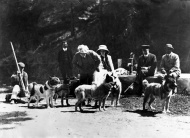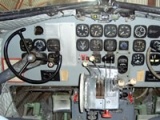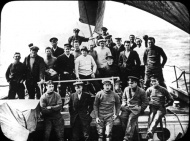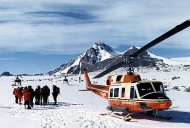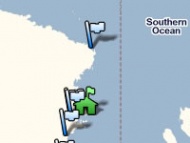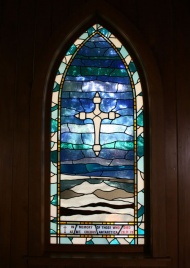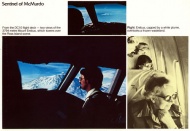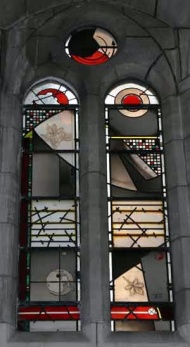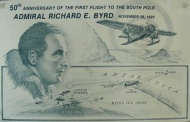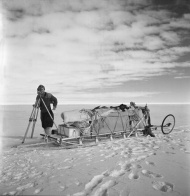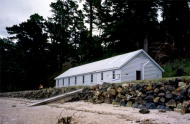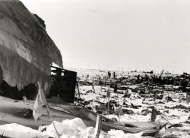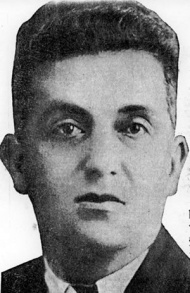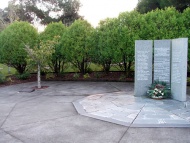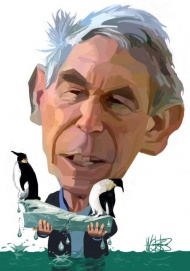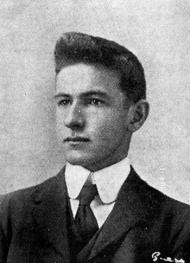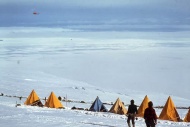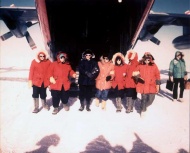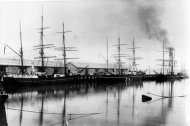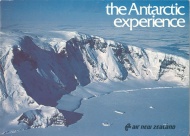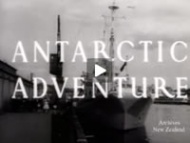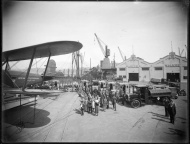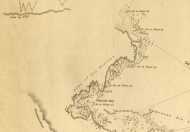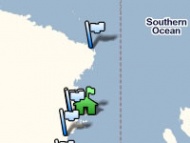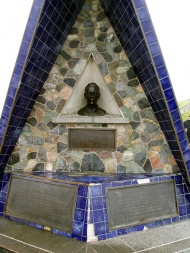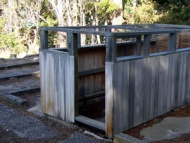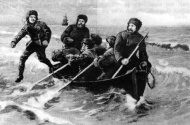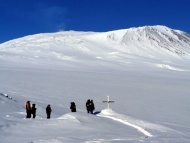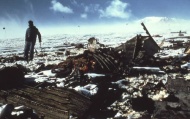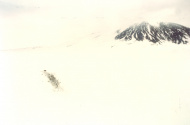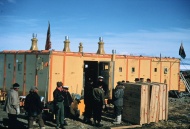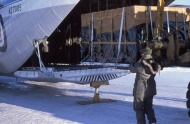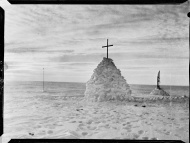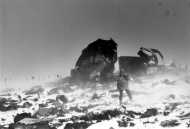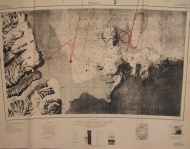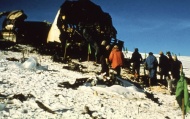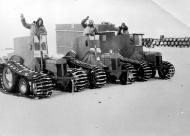Events In History
-
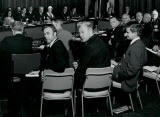 23 June 1961Antarctic Treaty comes into force
23 June 1961Antarctic Treaty comes into forceAs claimant to the Ross Dependency, New Zealand took part in a 1959 conference in Washington DC about the political and international status of Antarctica. The resulting Antarctic Treaty was agreed to by the 12 participating states. Read more...
-
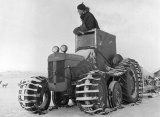 4 January 1958Hillary leads New Zealand party to South Pole
4 January 1958Hillary leads New Zealand party to South PoleSir Edmund Hillary’s New Zealand team became the first to reach the South Pole overland since Robert Falcon Scott in 1912, and the first to do so in motor vehicles. Read more...
-
 20 January 1957Scott Base opens in Antarctica
20 January 1957Scott Base opens in AntarcticaCaptain Harold Ruegg, Administrator for the Ross Dependency, opened Scott Base, New Zealand’s permanent Antarctic research station, during a ceremony on Ross Island. Read more...
-
 16 August 1923New Zealand makes claim to Ross Dependency
16 August 1923New Zealand makes claim to Ross DependencyA notice in the New Zealand Government Gazette gave effect to a British Order in Council, which stated that coasts of the Ross Sea would be administered by New Zealand. Read more...
Articles
Erebus disaster
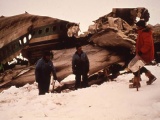
On 28 November 1979, 237 passengers and 20 crew were killed when Air New Zealand Flight TE901 crashed into Mt Erebus, Antarctica. The tragedy was followed by a demanding recovery operation and a raging debate over who or what was to blame
-
Page 2 – Tourist flights to Antarctica
Air New Zealand and Qantas began offering sightseeing flights to Antarctica in February 1977.
-
Page 3 – Timeline to disaster
The Erebus disaster was mainly caused by a late change in the flight path and atmospheric conditions over Antarctica
-
Page 5 – Operation Overdue
A team of New Zealand Police officers and a Mountain Face Rescue Team were immediately dispatched to the scene of the Erebus disaster.
-
Page 6 – Finding the cause
Following the death of so many people, it was not surprising that official investigations of the tragedy sparked debate and controversy.
Edmund Hillary

The legendary mountaineer, adventurer and philanthropist – whose familiar, craggy face beams out from the $5 note – is the best-known New Zealander ever to have lived. His ascent of Mt Everest with Sherpa Tenzing Norgay on 29 May 1953 brought him worldwide fame – literally overnight.
-
Page 3 – From Everest to the South Pole
On 29 May – four days before the coronation of Queen Elizabeth II – Hillary and the experienced Sherpa Tenzing Norgay reached the summit of Mt Everest and became
-
Page 5 – Honouring Edmund Hillary
In 1987 Ed Hillary was among the first 20 people selected as members of the Order of New Zealand (ONZ), this country’s highest honour. He has been the recipient of
Antarctica and New Zealand
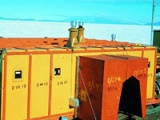
NZ and Antarctica share a long and rich history. From Tuati in 1840 to Edmund Hillary in the 1950s and more recent scientists, Kiwis have explored, examined and endured the frozen continent.
-
Page 2 – First among men
New Zealanders were involved in a number of significant Antarctic firsts - notably, the first landing on the continent proper in 1895 and the first overland crossing between
-
Page 3 – Triumph and tragedy
There is a New Zealand connection to a number of triumphs and tragedies that have occurred in Antarctica.
-
Page 4 – Sites of significance
There are connections between places in Antarctica and New Zealand, and between places in New Zealand and Antarctica.
-
Page 5 – Timeline
Key events in the history of New Zealand's involvement with Antarctica
-
Page 6 – Further information
Sources of further information.
Related keywords
- memorials
- robert scott
- earthquakes
- CEISMIC
- scott base
- erebus disaster
- warkworth
- oamaru
- port chalmers
- christchurch
- air force
- royal new zealand air force
- richard byrd
- historic places
- quail island
- lyttelton
- quarantine
- paul reeves
- disasters
- ernest shackleton
- frank worsley
- air transport
- edmund hillary
- nimrod
- horses
- huskies
- shipping
- film
- famous firsts
- tuati
- explorers
- clarence hare
- timeline
- science
- advertising
- painting
- louis potaka
- freemasons
- golden bay
- wellington city
- russia
- joseph kinsey
- maps
- stamps
- radio broadcasts
- children
- 1950s
- helicopters
- police
- tourism
- food
- mountaineering
- assisted immigration
- immigration
- transport
- queenstown
- letters
- doctors
- cartoon
- victoria university
- women
- karori
- royal new zealand navy
- americans
- mt cook
- whenuapai
- justice system
- communications
From Tuati in 1839 to Edmund Hillary in the 1950s and more recent scientists, Kiwis have explored, examined and endured the frozen continent.


